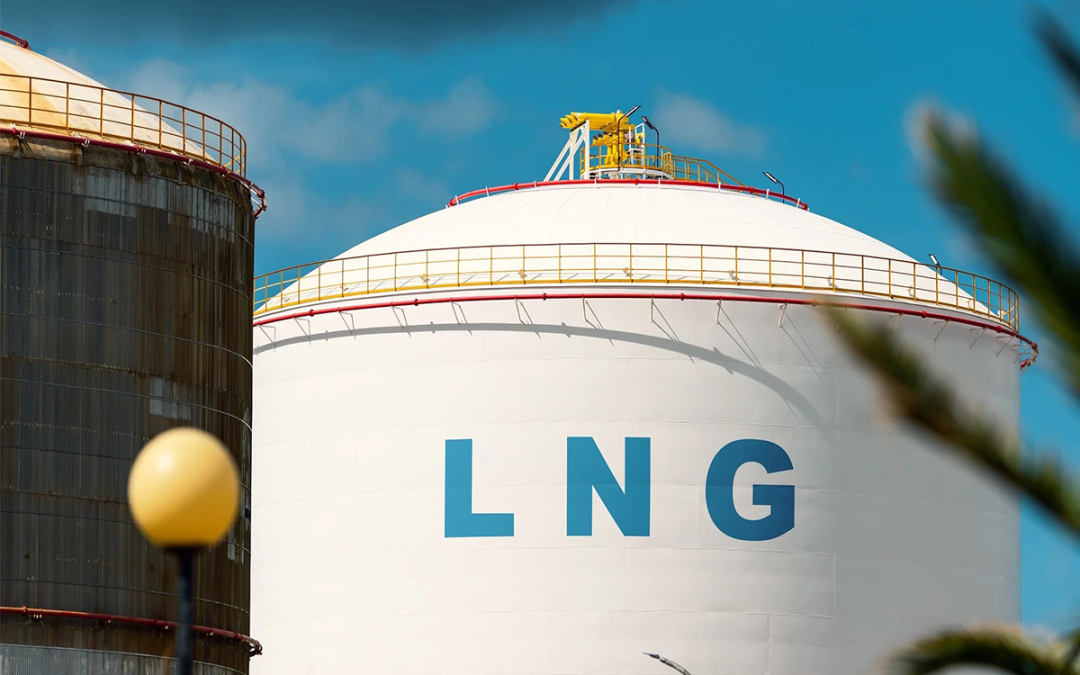Asian LNG importers are increasingly using flexibility in LNG contracts to manage supply security such as adjustment of offtake volumes during weak demand or due to uncertainty around alternative fuels and energy transition, executives at the Asia Pacific Petroleum Conference (APPEC) said in Singapore Sept. 11.
Flexibility on a range of terms and conditions were initially built into LNG supply contracts to manage seasonal fluctuations, and over time it provided traders with optionality to move LNG cargoes around to profit on various types of arbitrages.
But gas-based power utilities are now grappling with growing risks related to energy transition and decarbonization policies, and flexible LNG contracts are helping them hedge some of these risks.
In sale and purchase agreements, the so-called destination restrictions have been lifted, and if you buy too much LNG you can easily divert the surplus cargo to the market or trade out your cargoes, Jane Liao, Vice President at Taiwan’s CPC, said.
She said many of the traditional Asian gas importing companies are becoming traders with trading offices in Singapore, although CPC itself is only a buyer for now.
“We will contract and maybe slightly over-contract just to make sure we have some form of security. That’s why we ask for optionality inside some of our buy contracts out there because we don’t know [the demand uncertainties],” Fabian Kor, executive vice president Asia at SEFE, said.
But there has also been a trend of buyers giving away a lot of flexibility in some of their contracts, mostly for the short term such as cross-month delivery windows, in exchange for a big discount to JKM pricing which is also good as it addresses their affordability needs, Kor said.
“So it’s not a one-size fits all answer. It really depends on your domestic demand, your home country, your energy transition policies your procurement policies and whether you’re often motivated to optimize,” Kor added.
Cyn Yi Seah, global head of LNG Trading, Shipping & Operations at Singapore’s Pavilion Energy, said from a trading perspective, the LNG market has been dynamic and buyers have become more innovative, grown in confidence, and with more control on how they can deploy their contracts and their supply.
She said they are increasing asking questions like – “Do I really need that flexibility? Do I absolutely need to pay for that flexibility or not?”
Liao also said that for long term contracts, the mechanism for price reviews at certain periods are particularly useful for both sellers and buyers to manage price volatility.
US LNG
US LNG contracts have emerged as the main source of flexible LNG due to the lack of destination restrictions, but buyers said there could be other trade-offs when opting for more flexibility apart from prices.
CPC’s Liao said she trusted traditional LNG suppliers more than the new wave of US suppliers, even though most US LNG cargoes are going to the European market now, as Asian buyers have to rely on companies who cherish long term relationships more.
“When you are in difficulties, in the implementation of your contract, people will sit down and talk things through,” she said, but most US players just buy the gas from their domestic market and build the LNG plant, and have a different model business model from tradition gas producers.
SEFE’s Kor said companies will not concentrate on supply from a certain region just because it’s the cheapest as geographical supply diversification is important.
When asked about the risks around buying LNG from US projects due to a pause in project approvals by the Biden administration, he said there’s a bit of premium pricing for long term contracts with firm volumes compared to those awaiting FERC and DOE approvals.
“I think that there are some suppliers out there using this temporary political issue of the presidential elections to kind of bump up the prices a bit but we always think that timing is better than speed,” Kor said.
US LNG has been competing heavily with Qatar in the Asian market and Asian importers have been weighing the pros and cons of the tradability of US LNG with the dependability of Qatari LNG supply.
Russian sanctions
Meanwhile, buyers are also navigating sanctions on Russian LNG, and conference attendees said an LNG shadow fleet like the one seen in oil is emerging.
A shipping company executive said the LNG shadow fleet is not as prominent as oil yet and would primarily be “old ships that can never come back to the real world” and most likely insured by Russia or Asian countries that trade with them. He said they attract a higher freight rate for moving sanctioned Russian oil, giving them a chance to earn more than scrapping that would fetch $10-$12 million one-time.
Two tanker owners said the LNG shadow fleet can grow, but the list of sanctions is also growing and severe penalties on individuals could curb this growth. There are also hazards involved using ships nearing the end of their life, an oil spill or breakdown, that brings them under the scanner.
Source: Platts






